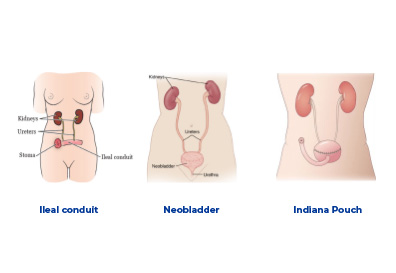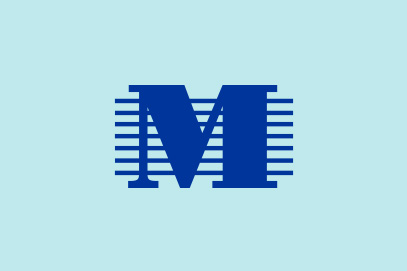
Reconstructive Urologic Surgery
We use state-of-the-art procedures to restore function and help you live life more fully.
Urologists at Memorial Healthcare System are dedicated to helping people recover from genitourinary conditions. They understand that each case is unique and personalize care at every step.
What Is Reconstructive Urologic Surgery?
Some urologic conditions and treatments can injure the genitourinary tract (urinary tract and male reproductive organs). Reconstructive urologic surgery repairs and rebuilds the affected areas so you can function better.
Some of the conditions we commonly treat with reconstructive surgery include:
- Erectile dysfunction: Inability to achieve and maintain an erection.
- Injuries: Damage due to trauma or complications from other treatments and surgeries.
- Male urinary incontinence: Urine leakage that’s often a result of prostate cancer treatment.
- Ureteral stricture: Narrowing of the tubes that travel from the kidneys to the bladder (ureters).
- Ureteropelvic junction obstruction: A blockage that occurs where the kidney meets the ureter.
- Urethral stricture: Narrowing of the tube that carries urine from the bladder to outside your body (urethra).
Types of Reconstructive Urologic Surgery
We offer a wide range of reconstructive procedures, many using the latest minimally invasive and robotic techniques to help you heal faster:
For males with urinary incontinence, we surgically place a cuff-like device around the urethra in the lower abdomen to control the flow of urine. The cuff connects to a controller placed in the scrotum. To urinate, you press on the controller to open the cuff. A release button on the controller allows you to close the cuff to prevent urine leakage.
 Bladder cancer and other urologic conditions may require removing your bladder (cystectomy). Part of this surgery involves creating a new way to remove urine from your body (urinary diversion).
Bladder cancer and other urologic conditions may require removing your bladder (cystectomy). Part of this surgery involves creating a new way to remove urine from your body (urinary diversion).
We perform cystectomy robotically and offer several options for urinary diversion:
- Ileal conduit (most common): The surgeon uses a section of your intestines to create a channel from the ureters to an opening in your abdomen. A bag attached to the opening collects the urine.
- Neobladder: The surgeon creates a bladder from a section of your intestines and places it where the old bladder was. You pass urine through your urethra as usual.
- Indiana pouch: The surgeon uses a section of your colon to create a pouch to hold urine. You use a catheter every four to six hours to drain urine from the pouch.
Penile implants are a treatment for erectile dysfunction. We offer a complete range of options, including inflatable and malleable types. Learn more about erectile dysfunction and how we treat it.
A blockage or stricture in a ureter can cause urine to back up in the kidney, causing kidney failure. The goal of ureteral reconstruction is to fix the problem so that urine flows freely.
We use different robotic-assisted approaches to repair the ureter depending on which section is affected:
- Pyeloplasty (upper ureter, where it meets the kidney): The surgeon removes the narrowed or damaged section near the kidney and reconnects the healthy end to the kidney.
- Uretero-ureterostomy (mid-ureter): The surgeon removes the damaged area and joins the healthy ends back together.
- Buccal ureteroplasty (mid-ureter): The surgeon makes a lengthwise incision down the narrowed section and applies a patch taken from tissue inside your mouth.
- Ureteral reimplant (lower ureter, where it connects to the bladder): The surgeon cuts the ureter above the stricture and reattaches it to the bladder in a different location.
Urethral strictures affect males much more often than females. For male urethral strictures, we offer urethroplasty to remove the stricture and restore urine flow.
If the stricture involves a small section of the urethra, the surgeon removes that section and connects the two ends. If a larger section is narrowed, the surgeon will rebuild the urethra using tissue from somewhere else in your body.
To learn more about our services or schedule an appointment
305-682-2580Reconstructive Urologic Surgery: Why Choose Memorial Healthcare System?
Patients from across the region turn to us for exceptional urology care that includes:
-
Surgical expertise
Our urologists specialize in performing highly detailed reconstructive procedures using leading-edge technology.
-
Minimally invasive treatments
We use advanced techniques, including robotic-assisted surgery, to reduce pain and speed your recovery.
-
Guidance and support
Patient navigators are by your side, from presurgical testing and surgery to follow-up appointments.
-
Multidisciplinary collaboration
When needed, we work with surgeons from other Memorial departments to perform multiple procedures in one surgery.









